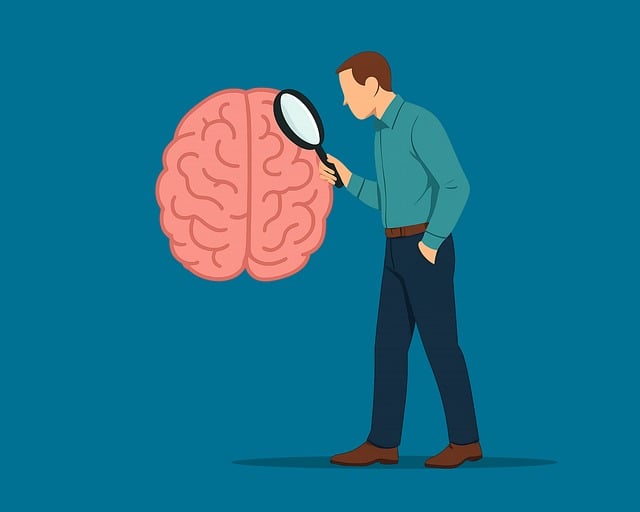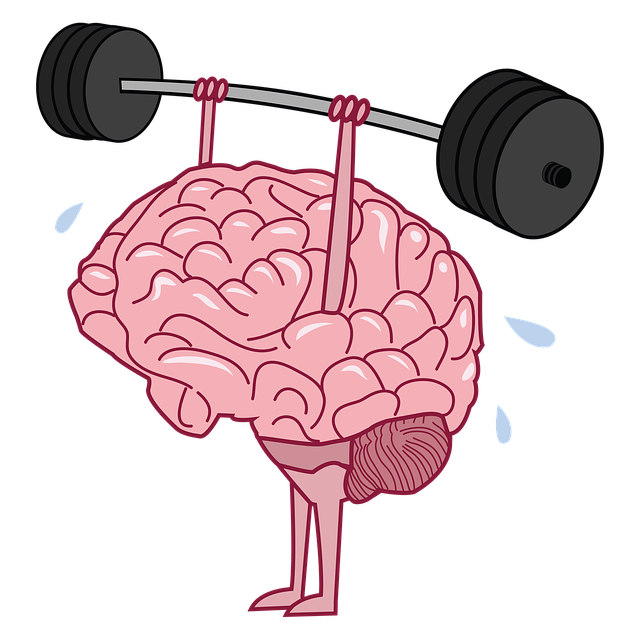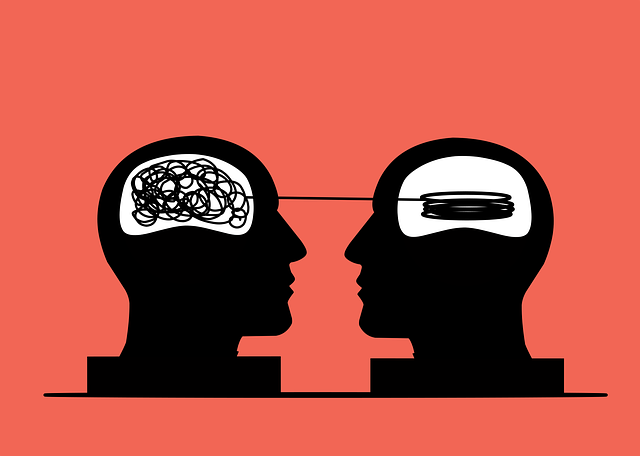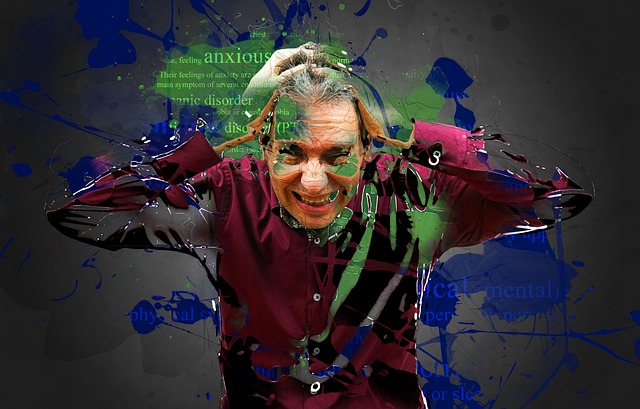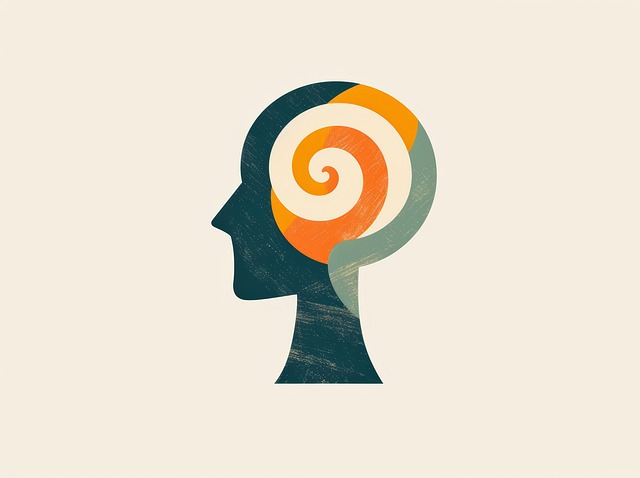Denver Conduct Disorder Therapy focuses on cultivating emotional intelligence (EI) as a powerful tool for managing conduct disorders and related mental health issues. By teaching self-awareness, emotional regulation, and social skills through mindfulness meditation, crisis intervention, stress management techniques, positive thinking exercises, and journaling, this therapy helps individuals heal from past traumas, boost self-esteem, build resilience, and improve relationships. Ultimately, it equips them to lead more satisfying lives.
Emotional intelligence (EI) is a powerful tool for navigating life’s challenges and fostering healthy relationships. This article explores the profound impact of EI on mental health, with a particular focus on individuals struggling with conduct disorder. We delve into evidence-based strategies for enhancing EI, highlighting the transformative potential of Denver Conduct Disorder Therapy in promoting emotional intelligence development and improving overall well-being.
- Understanding Emotional Intelligence and its Impact on Mental Health
- Strategies for Enhancing Emotional Intelligence in Individuals with Conduct Disorder
- The Role of Denver Conduct Disorder Therapy in Promoting Emotional Intelligence Development
Understanding Emotional Intelligence and its Impact on Mental Health

Emotional intelligence (EI) refers to one’s ability to recognize, understand, and manage their own emotions, as well as perceive, interpret, and respond appropriately to the emotions of others. This skill set goes beyond mere empathy; it involves self-awareness, social skills, and the capacity for constructive emotional regulation. Denver Conduct Disorder Therapy often emphasizes EI as a cornerstone in treating mental health issues, such as conduct disorders, by helping individuals develop healthier coping mechanisms and improve their relationships.
By fostering emotional intelligence, individuals can enhance their Emotional Healing Processes, boosting their self-esteem and confidence. This is particularly beneficial for those dealing with past traumas or challenges that have hindered their sense of self-worth. Moreover, EI facilitates Resilience Building, enabling people to navigate stressful situations more effectively and bounce back from setbacks. In essence, emotional intelligence empowers individuals to lead more fulfilling lives by improving their mental health and interpersonal dynamics.
Strategies for Enhancing Emotional Intelligence in Individuals with Conduct Disorder

Individuals with Conduct Disorder often struggle with regulating their emotions and understanding others’ perspectives, making emotional intelligence (EI) development a key focus in their therapy journey. Denver Conduct Disorder Therapy offers tailored strategies to enhance EI, recognizing its significance in improving interpersonal relationships and promoting positive behaviors. One effective approach is incorporating mindfulness meditation practices into therapy sessions. This technique teaches individuals to become more aware of their emotions, helping them recognize triggers and respond mindfully rather than reacting impulsively.
Additionally, Crisis Intervention Guidance plays a vital role. By providing tools for managing intense emotions during crises, this guidance empowers individuals to de-escalate themselves and others. Learning effective stress management techniques is also essential, as chronic stress can exacerbate conduct disorder symptoms. Through Denver Conduct Disorder Therapy, clients acquire coping mechanisms that enable them to navigate stressful situations with better emotional control, fostering a more balanced and healthy response.
The Role of Denver Conduct Disorder Therapy in Promoting Emotional Intelligence Development

Denver Conduct Disorder Therapy plays a pivotal role in fostering emotional intelligence (EI) development, particularly for individuals facing conduct issues. This therapeutic approach is designed to help clients understand and manage their emotions effectively, a key component of EI. Through structured sessions, therapists guide participants to recognize and express feelings, an essential skill often overlooked in those with conduct disorders. By learning to identify emotional triggers and responding to them healthily, individuals can improve their relationships and overall mental wellness.
The process involves various techniques tailored to enhance self-awareness and empathy. These may include Stress Management Workshops designed to teach coping mechanisms, encouraging Positive Thinking as a tool for building resilience, and promoting Mental Wellness Journaling Exercises for reflecting on emotions and experiences. Such activities not only support EI development but also provide individuals with practical tools to navigate interpersonal interactions more skillfully.
Emotional intelligence, a key factor in mental health and personal growth, can be significantly enhanced through effective strategies, especially for those with conduct disorder. The article has explored these strategies, highlighting the important role that Denver Conduct Disorder Therapy plays in promoting emotional intelligence development. By understanding the impact of emotional intelligence on mental health and employing tailored approaches, individuals can navigate their emotions more effectively, leading to improved well-being and relationships.



